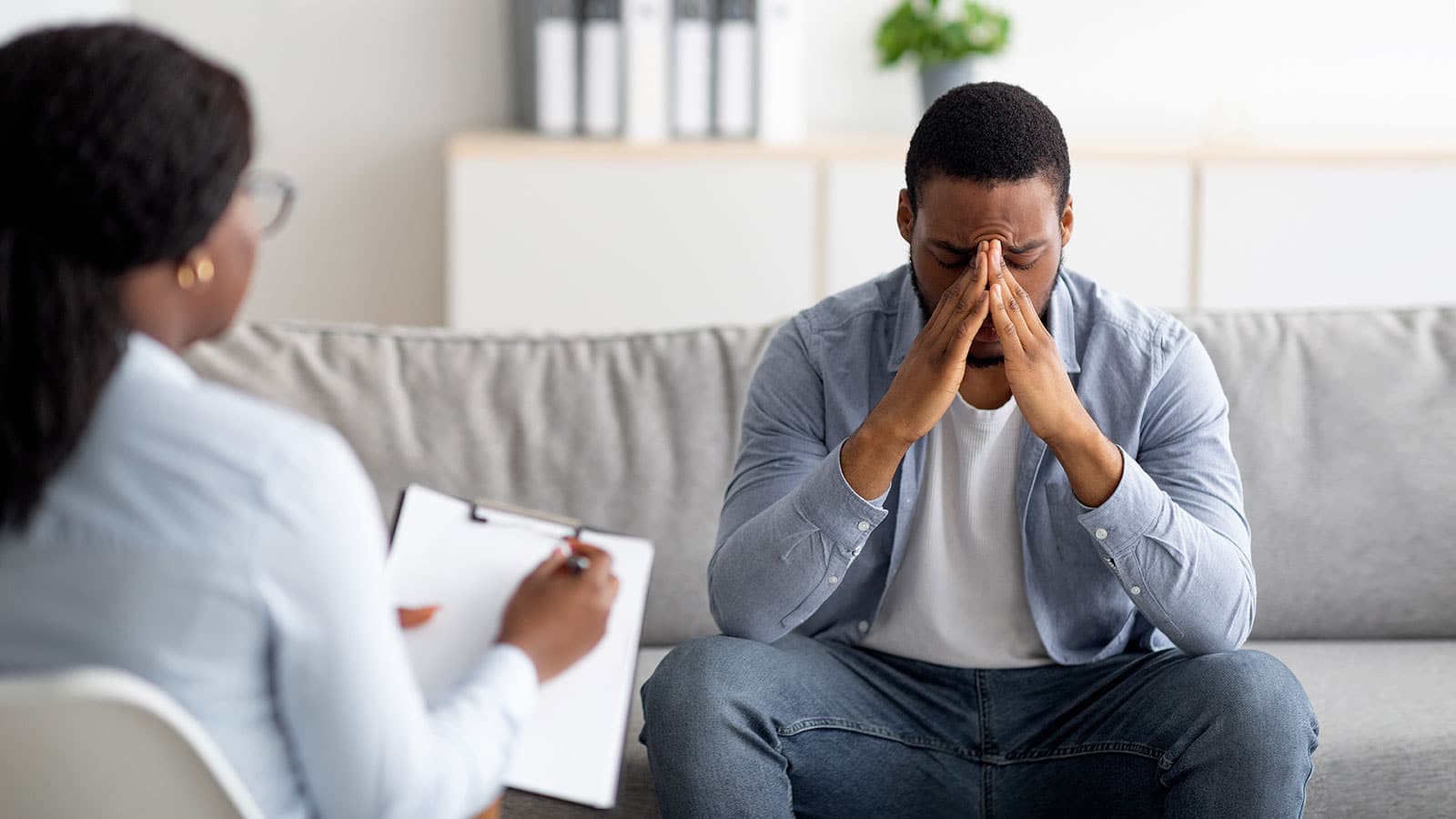For many people seeking psychiatric care—especially for deeply personal concerns like ADHD in children, anxiety, depression, or bipolar disorder—privacy isn’t a luxury, it’s a necessity. You want to know that when you open up about your struggles or your child’s challenges, what you share stays between you and your provider.
You want peace of mind knowing your conversations, your records, and even your presence in a session are protected. In today’s digital world, telehealth offers incredible convenience and access—but with that convenience often comes questions. Is telehealth really private? Is it secure? Can my sensitive information be protected through a screen?
These are valid concerns. And in this blog, we’re walking you through everything you need to know about the safety, security, and confidentiality of telehealth—so you can focus less on “what ifs” and more on getting the care you or your family needs to thrive.
What Does Telehealth Privacy Really Mean and Why Should It Matter to You and Your Family?
When we talk about “privacy” in telehealth, we’re not just referring to having your own space to talk. It goes far beyond that. Telehealth privacy refers to the confidentiality of your conversations, the security of your medical records, and the protection of your identity during virtual sessions.
If you’re opening up about your child’s ADHD struggles or managing medication for bipolar disorder, you want to feel completely confident that no one else is listening, recording, or accessing your information without permission. In fact, that’s your legal right under laws like HIPAA (Health Insurance Portability and Accountability Act), which mandates strict confidentiality standards in healthcare—including virtual care.
So whether you’re in a video session on your phone, tablet, or laptop, or you’re messaging your provider through a patient portal, those systems are built with encryption and security measures designed to keep your data safe.
The takeaway? When done right, telehealth isn’t just convenient—it’s protected by the same laws and professional ethics as in-person visits.
How Today’s Telehealth Platforms Are Built with Advanced Security to Protect Your Health Information
Telehealth might happen on a screen, but behind that screen is a fortress of security protocols working to ensure your privacy. The best telehealth providers use encrypted platforms that follow HIPAA-compliant technology standards, which means every part of your visit—from video to audio to shared documents—is locked down.
Let’s break that down a bit
End-to-End Encryption
This means that no one—outside of you and your provider—can see or hear your session. Not hackers, not tech companies, not third parties.
Secure Logins
You’ll often use multi-step verification or unique passwords to log in, ensuring only you can access your session or medical information.
Encrypted Messaging
Many providers offer chat features or message centers that are just as secure as your session, so you can safely send updates or ask questions.
Data Storage Compliance
Notes from your session or prescriptions are stored in secure databases that comply with federal and state privacy laws, so there’s no risk of someone casually stumbling upon your mental health history.
These platforms aren’t casual apps—they’re professional-grade tools used by licensed medical providers who are legally and ethically bound to protect you.
You’re Not Alone: Why Feeling Emotionally Safe During Telehealth Sessions Matters Just as Much as Security
Digital security is one thing—but emotional safety matters just as much, especially when discussing deeply personal challenges. Whether you’re sharing feelings of isolation, talking about your child’s ADHD meltdowns, or navigating mood swings from bipolar disorder, you need to feel genuinely safe to open up.
One of the biggest advantages of telehealth is that you can talk from a space where you feel most comfortable—your bedroom, your living room, even your parked car—without the stress of a clinical setting. That alone helps break down emotional barriers, especially for teens, children, or adults with anxiety.
But more importantly, when your provider approaches care with empathy and trauma-informed practices, telehealth becomes a place where you’re not just protected—you’re valued, heard, and respected.
As a provider, I always ensure our sessions are not only HIPAA-compliant, but also emotionally nurturing spaces where real healing can begin. And you have the right to expect the same from any mental health professional you meet through telehealth.
How to Make Your Own Space Private: Simple Steps You Can Take to Protect Your Telehealth Experience at HOME?
Even though the technology is secure, there are things you can do to ensure extra privacy on your end—because peace of mind starts with your environment too.
Here are a few practical tips to maximize your privacy during sessions
Choose a Quiet, Private Spot
Use a room with a door that closes, or even your car if needed.
Use Headphones
This keeps your provider’s voice from being overheard and helps you feel more connected and focused.
Inform Your Family
Let family members know you’re in a private session and ask for no interruptions.
Use a Secure Network
Avoid public Wi-Fi. Use a password-protected home network to prevent security risks.
Mute Smart Devices
Turn off or cover smart speakers and home assistants (like Alexa or Google Home) to prevent accidental listening.
What You Should Expect From a Provider: Red Flags and Green Lights for Trustworthy Telehealth Services
Not all telehealth services are created equal. That’s why it’s important to know what to look for—and what to avoid—when choosing a provider for you or your child’s care.
Here’s what a trustworthy telehealth provider will always offer
- A HIPAA-compliant platform with clear privacy policies
- Licensed and credentialed professionals
- Easy-to-understand consent forms and security agreements
- Clear information on how your data is stored and used
- An option to ask questions about confidentiality before your session
And here are a few red flags to watch out for
- No mention of HIPAA or encryption
- Pressure to use unverified platforms like Zoom or WhatsApp
- Vague answers about who will access your records
- No visible licensing or medical credentials
Your emotional safety is worth protecting. Always feel empowered to ask your provider how your privacy is being protected—you deserve clarity, not confusion.
Telehealth Can Be Just as Safe as In-Person Care—When You Choose the Right Provider
Choosing telehealth for psychiatric care can feel like a big leap—but when it’s handled with care, empathy, and security, it becomes one of the safest, most empowering ways to get the support you need. From ADHD treatment for kids to ongoing care for adults managing bipolar disorder, telehealth makes it possible to access help without compromising your privacy, your dignity, or your peace of mind.
When your provider uses a secure platform, values your confidentiality, and takes the time to truly listen, healing becomes accessible and sustainable. You don’t need to navigate mental health challenges alone—or stress over how and where to find help.
Because at the heart of telehealth is this simple truth: you deserve to feel safe, supported, and seen. And with the right care, you will.




